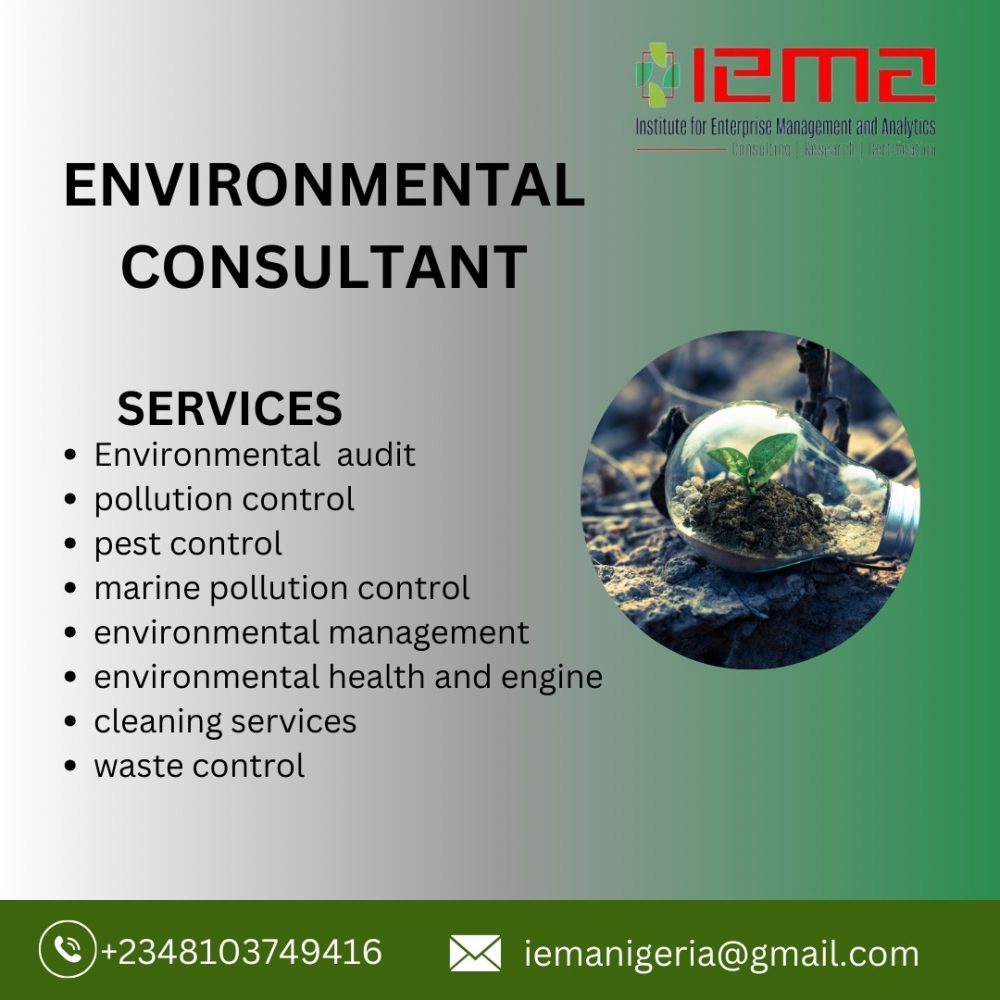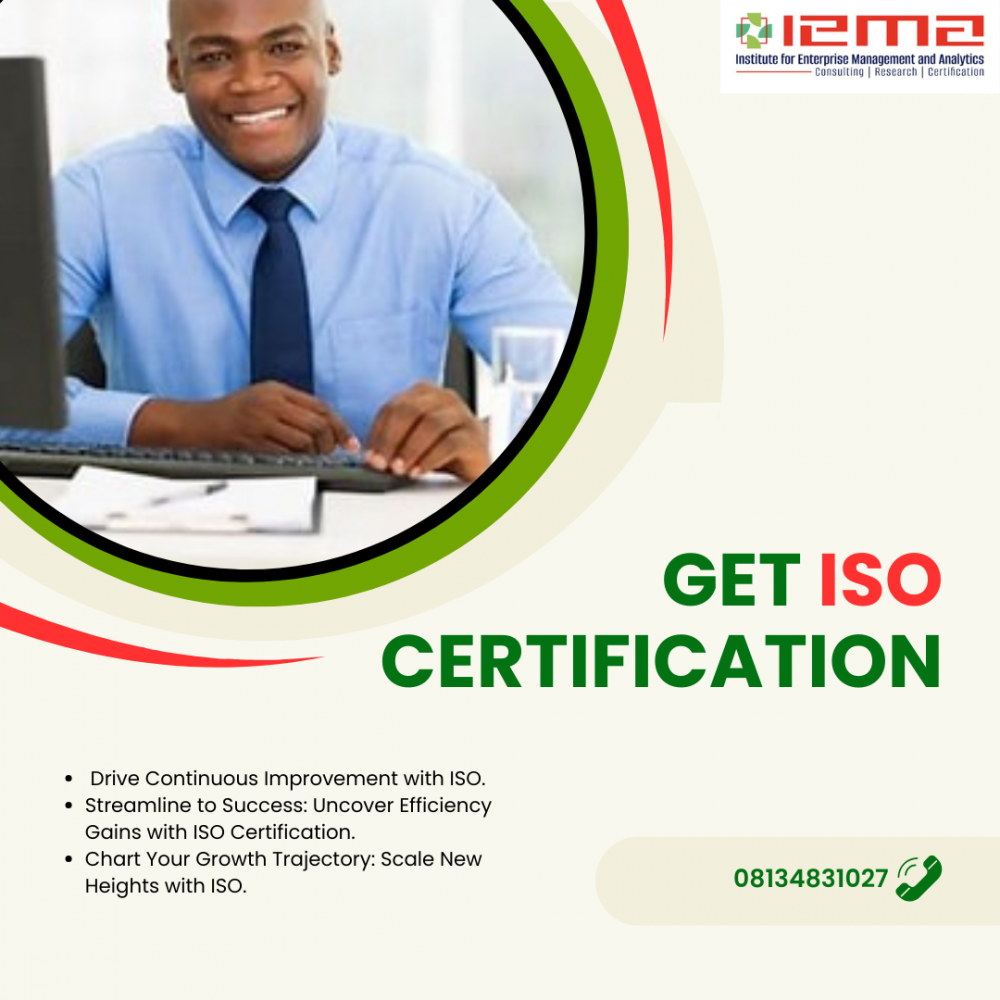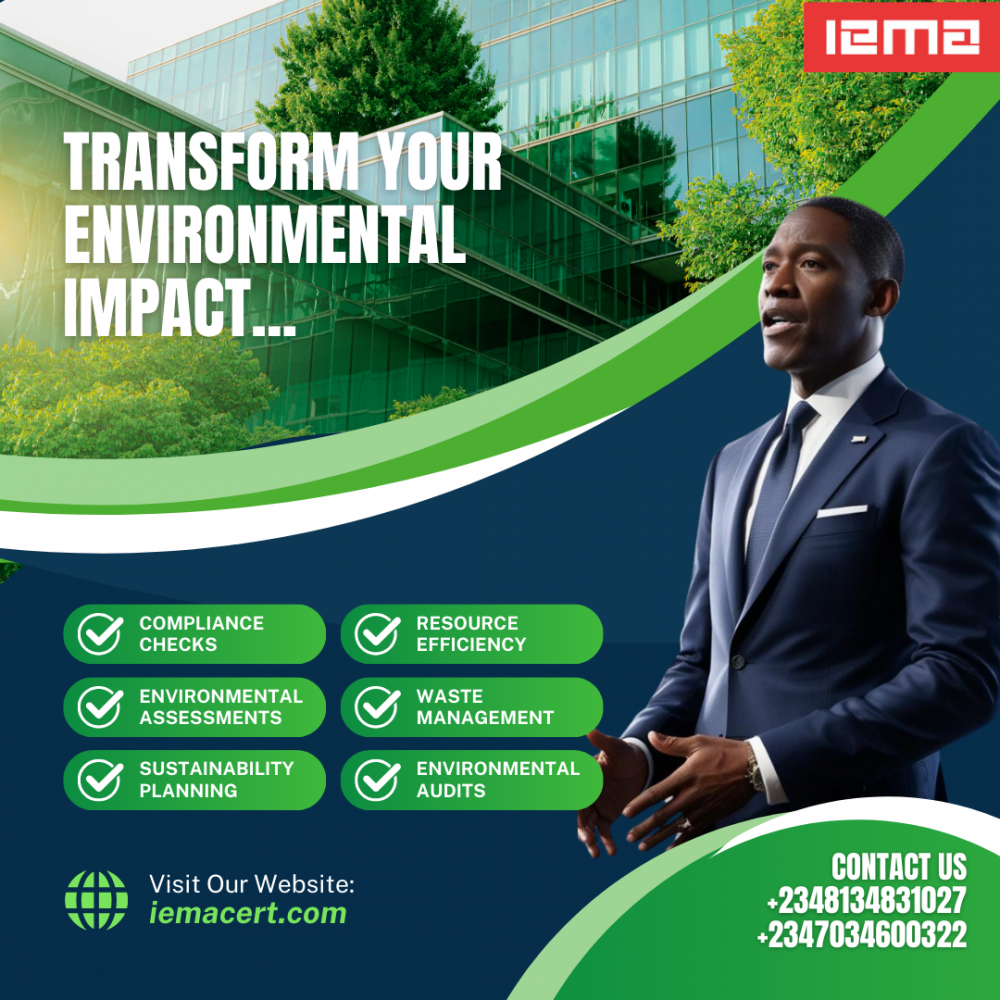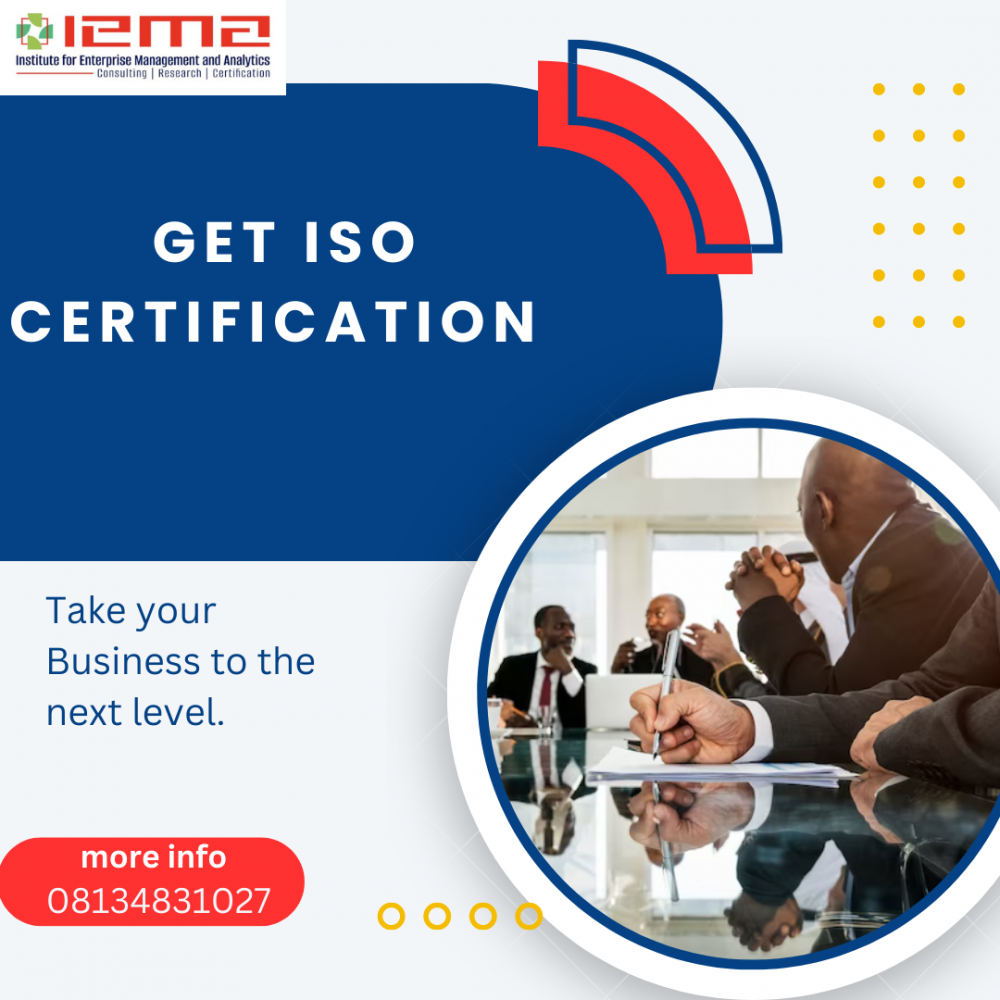In the face of escalating environmental challenges, the role of environmental consultants has evolved significantly. Beyond mere compliance with regulations, these professionals are now at the forefront of driving innovation and change. This article explores the pivotal role environmental consultants play in breaking down barriers and fostering environmental innovation.
- Understanding Complex Environmental Issues: Environmental consultants possess a deep understanding of complex environmental issues spanning across various sectors. From pollution control to resource management, they analyze data, conduct assessments, and identify areas for improvement.
- Bridging Knowledge Gaps: One of the primary functions of environmental consultants is to bridge the gap between scientific research and practical implementation. They translate complex environmental concepts into actionable strategies, ensuring that businesses and organizations can effectively address environmental challenges.
- Regulatory Compliance and Beyond: While regulatory compliance remains a core aspect of their work, environmental consultants go beyond mere adherence to laws and regulations. They proactively seek innovative solutions to minimize environmental impact and promote sustainability.
- Collaborative Problem-Solving: Environmental consultants often work closely with diverse stakeholders, including government agencies, businesses, communities, and non-profit organizations. Through collaborative problem-solving, they foster dialogue and consensus-building to address environmental concerns effectively.
- Leveraging Technology: In an era marked by rapid technological advancement, environmental consultants harness the power of technology to drive environmental innovation. From remote sensing technologies to advanced modeling tools, they leverage cutting-edge solutions to tackle environmental challenges more efficiently.
- Sustainable Development Initiatives: Environmental consultants play a crucial role in shaping sustainable development initiatives. By conducting environmental impact assessments and providing strategic guidance, they help steer projects towards environmentally responsible outcomes.
- Advocacy and Education: Beyond their consulting roles, environmental consultants often engage in advocacy and education efforts. They raise awareness about environmental issues, promote best practices, and empower communities to take proactive steps towards sustainability.
- Adaptive Management: In an ever-changing environmental landscape, adaptive management is key. Environmental consultants employ adaptive strategies to monitor, evaluate, and adjust environmental management approaches in response to new information and emerging challenges.
Conclusion:
Environmental consultants serve as catalysts for environmental innovation, breaking down barriers and driving positive change. By leveraging their expertise, fostering collaboration, and embracing innovation, they pave the way towards a more sustainable future for generations to come.





Leave a Reply